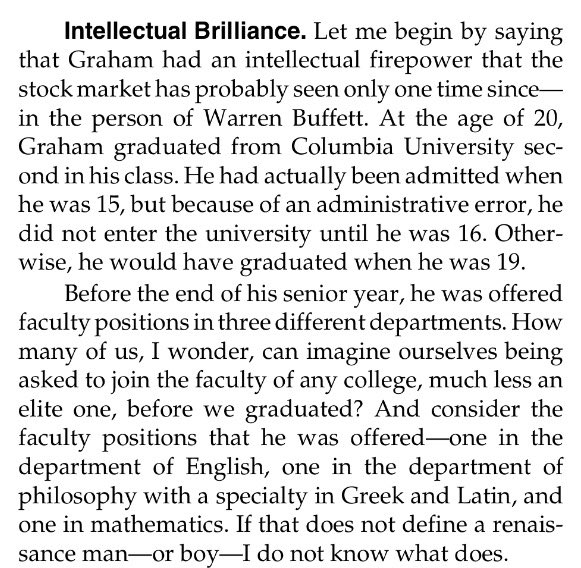- Traders miss a trade setup, then take it late in the move. Chasing a trade is rarely a good decision. Buy right or sit tight.
- Traders buy a dip before it really reaches a good risk/reward setup.
- Traders buy a dip before there is any sign of a reversal.
- Traders wait for the perfect moment and end up with no setups.
- Traders hold onto opinions after price action has proven them wrong.
- Traders are stopped out of ordinary price action because their stop losses are too close, and their trades aren’t given enough room to breathe.
- Traders perpetually short uptrends and buy downtrends, missing the easy money and creating losses.
- Those that spend more time trading than studying will have their money taken by traders devoted to learning.
- Caring more about personal opinions than price action is the best way to donate money to the market.
- Holding onto a losing trade because you don’t want to take the initial loss, is a great way to turn a small loss into a big one.
Archives of “January 13, 2019” day
rssHere lies a legendary trader…

Benjamin Graham was offered teaching positions in 3 different departments before he even graduated college

Thought For A Day

'Out Of This World' – NASA's Budget Is Without Parallel
The budget afforded NASA is far and away the largest on earth…
You will find more statistics at Statista
With 19 billion dollars to play with each year, Statista’s Martin Armstrong notes the U.S. space agency can outspend the ESA, Rocosmos, CNSA, ISRO, and JAXA combined. It is important to note however, that the figure for CNSA is an estimate due to the lack of comprehensive information from the Chinese government.
Luck & Talent
The VIX, Variance Premium and Stock Market Volatility
Working Late Night
“The goal of a successful trader is to make the best trades. Money is secondary.”
==== Money is secondary? What the hell? Is Alexander joking?
Well, if we take some time and analyse this quote, Mr Elder has a very important point to make. How can good trades be better than money ? Why are we indoctrinated to think that money is the primary goal?
Don’t worry I was subject to this way of thinking for a long time but realized it has huge fundamental issues. The problem is that anyone can have a great trade, a lucky trade, a momentum trade, but the question is, can you replicate this performance in the future in the long term?
I repeat, can you replicate this trade in 10 years time?
Lets think soccer, is it more important to score a goal every match or to have a system of playing the game to have high probability of scoring opportunities?
Do you prefer to have one perfect trade or many high probability trades?
If you are in this for the long term, focusing on making the highest probability trades possible is a more sustainable way for a future success. If you spend time in analyzing your entries, exits, risk management on a consistent level, you have a higher probability of achieving your goal.
Thought For A Day




